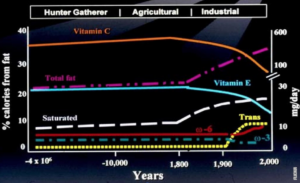The Birth of Stock Exchanges
Stock exchanges, the bustling hubs of financial activity, have a fascinating origin story. Let’s delve into the intriguing process of how these centers of trade come into existence.
Ancient Beginnings
The concept of a stock exchange dates back centuries, to ancient civilizations such as Rome and Egypt. In these early societies, merchants and traders gathered in designated marketplaces to buy and sell goods and commodities. Over time, these marketplaces evolved into more structured trading venues.
The Birth of Modern Stock Exchanges
The emergence of modern stock exchanges can be traced back to the late 16th century. In the bustling streets of cities like Antwerp, Amsterdam, and London, traders began congregating in coffeehouses and other meeting places to trade shares of various ventures.
Formalization and Regulation
As stock trading gained momentum, the need for formalization and regulation became apparent. Governments and financial authorities recognized the significance of these trading venues in facilitating economic growth. Thus, steps were taken to establish formal stock exchanges with defined rules and regulations.
The Role of Technology
The advent of technology played a crucial role in the formation of stock exchanges as we know them today. The introduction of telegraph systems in the 19th century enabled faster communication between different trading centers, enhancing market efficiency.
Post
Post
Global Expansion
Stock exchanges gradually spread across the globe, with new ones being established in major financial centers. Each exchange developed its unique characteristics, reflecting the local economy and culture.
Modern Stock Exchanges
Today, stock exchanges operate as sophisticated platforms where buyers and sellers trade financial instruments such as stocks, bonds, and derivatives. These exchanges are heavily regulated and utilize advanced technology to ensure fair and transparent trading.
The Economic Impact
Stock exchanges play a vital role in driving economic growth. They provide companies with a platform to raise capital for expansion and fund innovative projects. Additionally, stock exchanges contribute to overall market stability by facilitating price discovery and efficient allocation of capital.
Conclusion
The formation of stock exchanges has a rich history, spanning ancient civilizations to modern times. From informal gatherings in marketplaces to highly regulated global platforms, these exchanges have evolved to become crucial pillars of the global financial system. Their continuous adaptation to technological advancements ensures their relevance in an ever-changing world.



